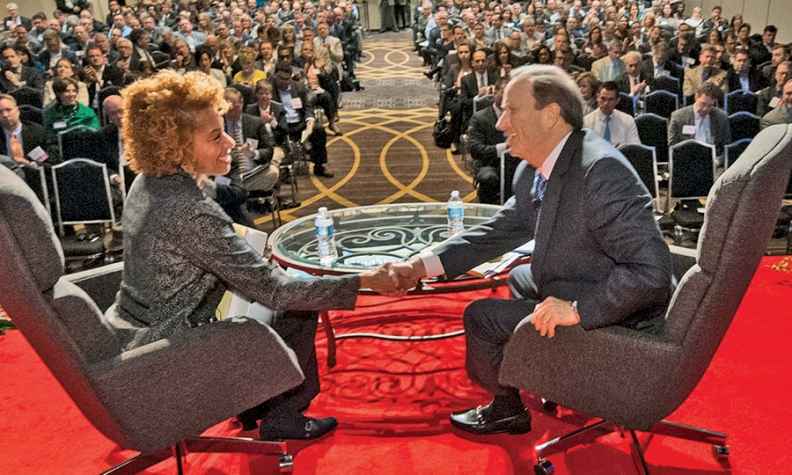NEW ORLEANS -- The National Automobile Dealers Association is going out on a limb by recommending ways for dealerships to ward off discrimination charges from the Consumer Financial Protection Bureau.

The CFPB hasn't said whether NADA's recommended actions will suffice in the eyes of the agency but said Friday that it would review the proposals.
The short version of the NADA recommendations is that dealerships should adopt a percentage ceiling on dealer reserve, never exceed it and document a legitimate business reason every time they offer a discount below that ceiling.
The approach is modeled after a 2007 settlement in which a couple of Philadelphia-area dealerships settled lending discrimination charges filed by the U.S. Department of Justice.
The NADA recommendations, unveiled Friday, prior to the NADA annual convention here, include a list of seven suggested reasons which, in NADA's opinion, a dealership could cite as legitimate reasons for making an exception its policy -- for instance, to meet or beat a competing offer.
There also are recommendations for setting up a compliance program at a dealership, appointing who's responsible for it, suggested templates for documents and more. NADA is expected to distribute the "NADA Fair Credit Compliance Policy & Program" booklet to its members soon.
"We believe this approach addresses Fair Credit concerns and at the same time it preserves many of the benefits of the dealer reserve structure," said NADA General Counsel Andy Koblenz. Dealer reserve is the dealership's share of the interest rate profit on a loan, also known as dealer markup.
It is the first time NADA has recommended a specific course of action to its members on the issue of dealer reserve in response to the CFPB.
A NADA spokesman said the association had provided copies of the proposed guidelines to both the Justice Department and the CFPB prior to Friday's announcement but had received no response.
After the announcement, a CFPB spokeswoman said in a statement:
"The Bureau welcomes proactive proposals that demonstrate a commitment to fair lending. We look forward to reviewing the guidance issued today.
"In general, that model was negotiated in settlements involving dealers, whereas our focus is on lenders. We remain concerned about indirect lending programs built around discretion and financial incentives that create fair lending risks. Because of this, lenders should be careful about assuming that dealer-level solutions fully address their own fair lending risks."
A big question is whether an approach modeled on the 2007 Pacifico Ford consent order, named for one of the dealerships involved in the Philadelphia case, is enough to satisfy the CFPB that dealerships aren't discriminating against legally protected classes such as minorities or women.
